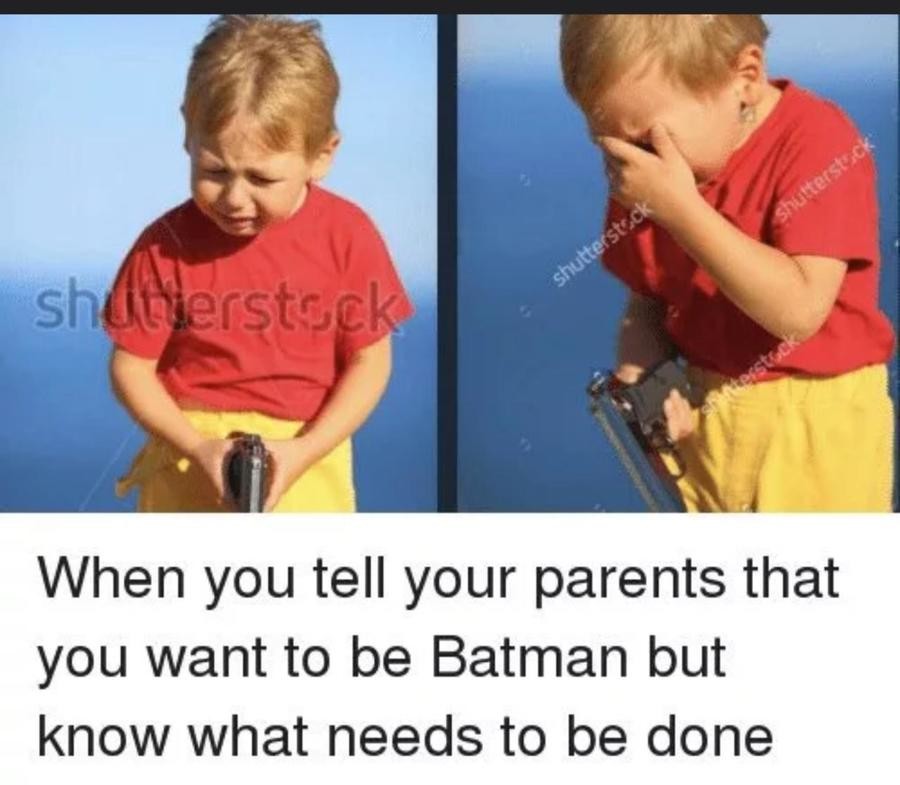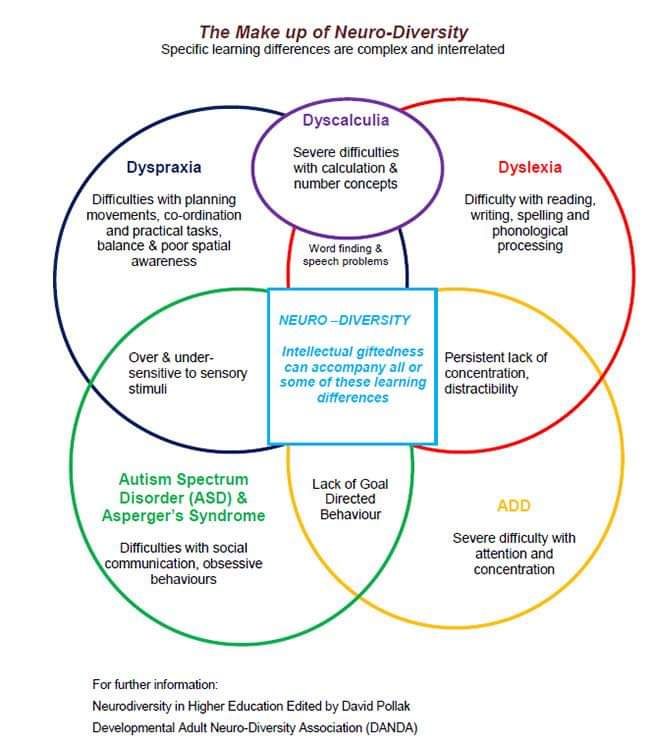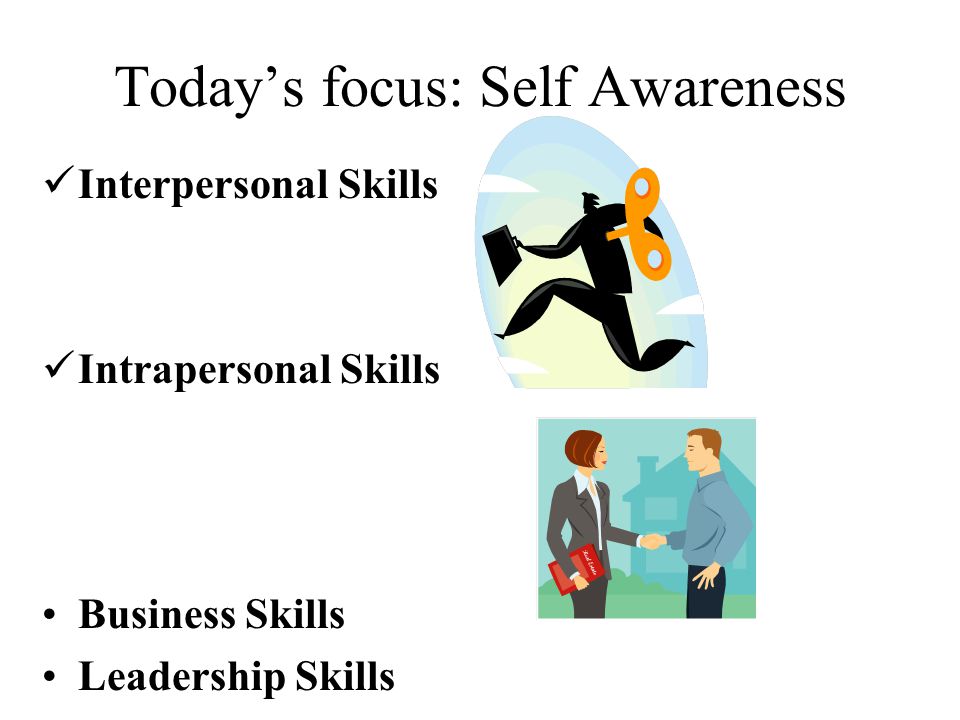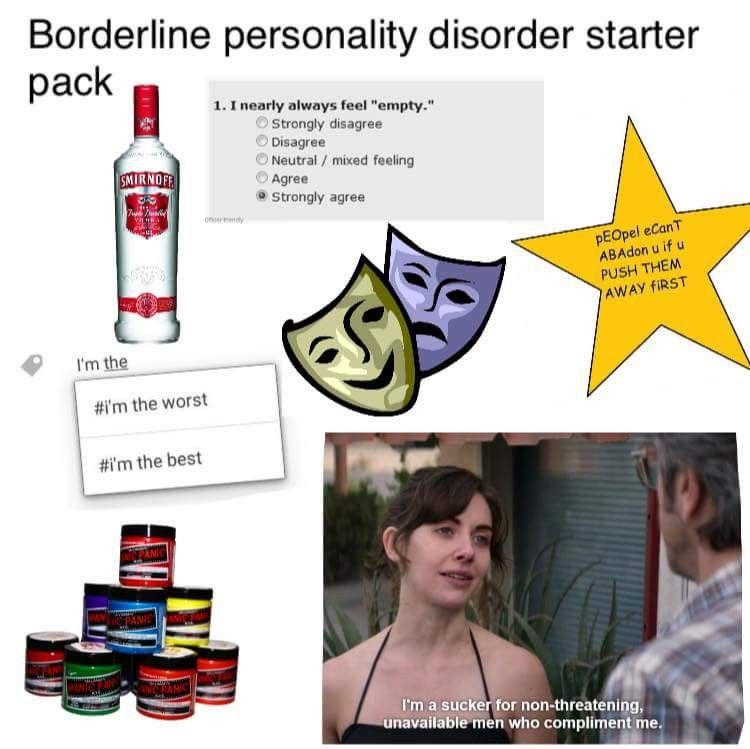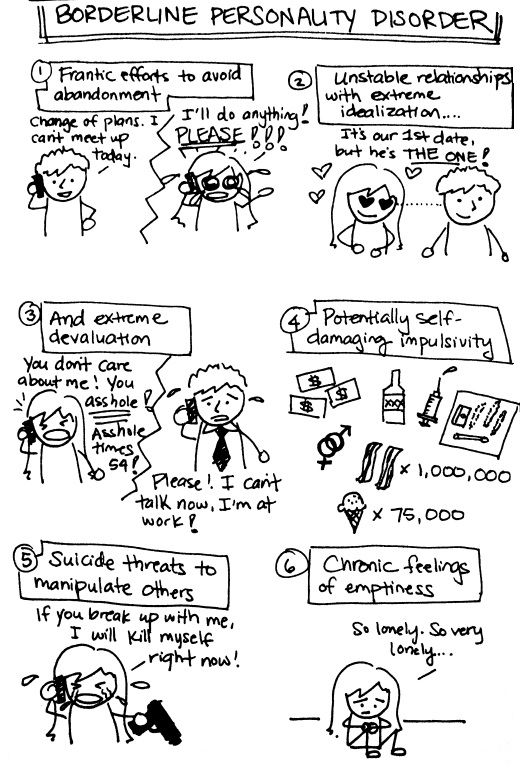How to escape your parents
How to Escape Abusive Parents: A Guide for Adults
If you’re still living in an abusive home as an adult, it’s crucial to learn how to escape your abusive parents. If you are a minor, please refer to this guide.
Many abusive parents trap their adult children at home using manipulative and abusive tactics to maintain power and control over them. You might feel like there’s no way out.
Many abusers intentionally make their children dependent on them or they might be dependent on their children. You might not have been allowed to get a job, drive, go out with friends, or date. You’re probably used to asking for permission for basically anything.
When you’re so used to having everything decided for you, it only makes sense that you grew physically and perhaps, financially dependent on your parents.
Abusive parents tend to keep their children trapped under their roof well into adulthood so they can continue to abuse or parentify them. They might abuse you to the point you’re so confused, exhausted, and broken that you don’t have any energy to even try to leave. They may also use fear or guilt to keep you from leaving.
This post is a guide for adult children on how to finally escape their abusive parents. You don’t have to leave anytime soon if you don’t want to, but it’s important to at least be prepared.
Call the police if you are in immediate danger
Realize it’s abuse
Before we continue, it’s important that you realize that what you’re facing is abuse. Any form of abuse or neglect damages your sense of self, leaving you with long-lasting effects that take a lifetime to heal.
Sometimes, it may be difficult to tell whether what you’re dealing with is abuse, especially when your parent is good at hiding who they are from others. They also use tactics like gaslighting and blame-shifting to make you question your own reality and make you believe it’s your fault.
You might have had trouble getting people to believe you or other people you tried to confide in might have even blamed you.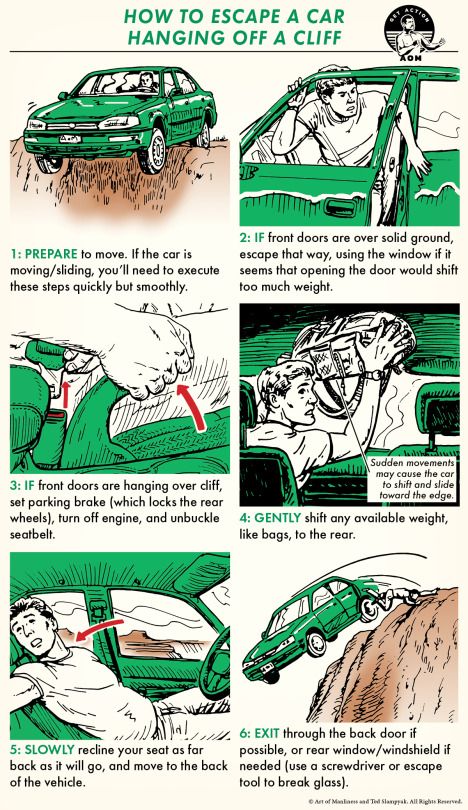 They might reprimand you for being disrespectful to your own parents or claim that if your parents are really so bad, you would’ve left already. I know I’ve been there many times.
They might reprimand you for being disrespectful to your own parents or claim that if your parents are really so bad, you would’ve left already. I know I’ve been there many times.
Many people don’t know how hard it is to leave an abuser until they end up in a similar situation. Regardless of what anyone else says to you, trust yourself. If you are bullied, controlled, silenced, put down, ignored, and treated as lesser than, you are being abused.
How to Escape Abusive Parents – A Guide for Adults
If you’re still dependent or living with your narcissistic parent, it’s okay. I’ve been there. And I’m not telling you to just pack your things and leave because that can create other problems. However, do start preparing for your escape.
You deserve a life where you aren’t constantly mistreated. You deserve a life where you can be free from abuse and toxicity.
When developing your escape plan, please try your best to keep everything a secret from your parents. If they find out that you’re planning to leave them, they might do everything in their power to stop you and make it more difficult for you to try again.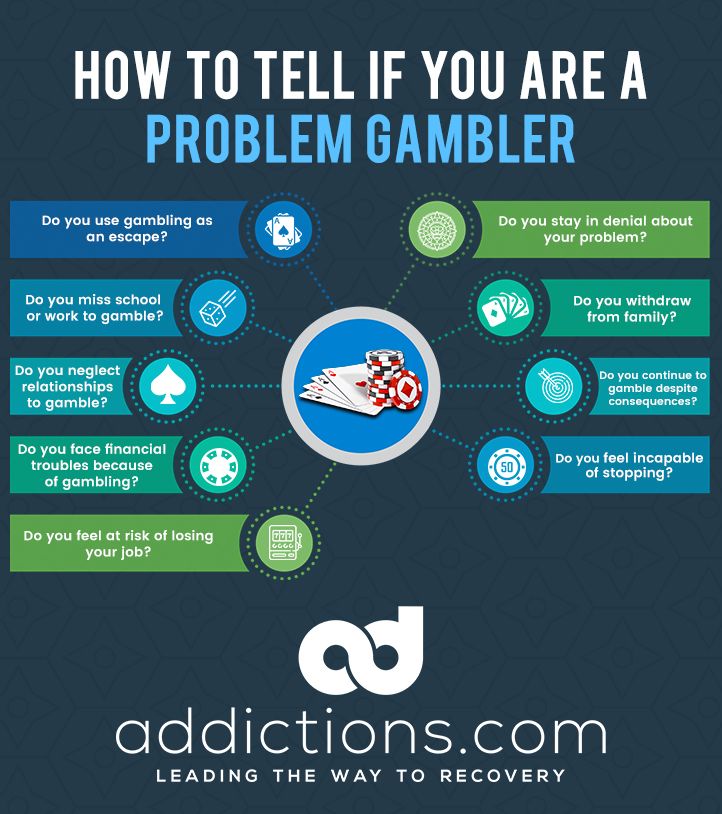
This post contains affiliate links. If you make a purchase using a link in this post, I may receive a commission at no extra cost to you. Thank you for your support. For more information, see Privacy Policy.
1. Get support
If you have trusted friends or relatives, reach out to them to discuss how they can support you if and when you leave your abusive parents.
Unfortunately, abusers are really good at isolating you from forming meaningful relationships, so you might not have anyone to reach out to. If that’s the case, you can also find people online who used to be in a similar situation as you for tips, advice, and support.
You can also try contacting organizations or charities that work with abused individuals to connect with people and resources that can help you. Some of them are:
- Help for Adult Victims of Child Abuse
- isurvive
- National Hotlines
- More resources
2. Gather information
Try to keep a record of your parents’ abusive behavior. These can be audio or video recordings, photos, texts or emails they’ve sent you, or even your own written accounts of things they say or do to you. Also, include any medical attention you’ve needed as a result of their abuse or witnesses for every abusive incident if possible.
These can be audio or video recordings, photos, texts or emails they’ve sent you, or even your own written accounts of things they say or do to you. Also, include any medical attention you’ve needed as a result of their abuse or witnesses for every abusive incident if possible.
Keep your record hidden from the abuser. You can keep a digital folder of it somewhere online and/or password-protect it so that even if they get their hands on your devices, they won’t be able to access it.
This record can be useful if you for some reason need to take legal action one day.
3. Save as much money as you can
A big reason you may be stuck with your abusive parents is that you’re financially dependent on them. But this is not your fault.
Many abusers intentionally created this dynamic with their children so their children will always have to rely on them. It might be hard for other people to understand or sympathize when they see you “leeching” off your parents.
However, it’s important for you to learn to be independent. To be able to achieve independence is to make money for yourself.
To be able to achieve independence is to make money for yourself.
If you currently have a job, do your best to save as much as you can. Secretly open an account for yourself and deposit money into it. Do not let your parent know about it.
Try to look for a job if you don’t have a form of steady income. If you’re unable to due to your parents’ control, try to work odd jobs (e.g. babysitting, tutoring, dog walking) while your parents aren’t home. Or find a remote job where you can work discreetly.
If making an income isn’t a possibility, try asking a trusted friend or relative to see if they’d be willing to lend you money. Promise that you’ll pay them back once you are free from your abuser and able to make an income.
4. Collect important documents
If you don’t already have ahold of important documents like your birth certificate, ID, social security card, passport, and other related paperwork to prove your identity, then it’s time to gather them.
If your parents have them and refuse to give them to you, try to make copies of them when they’re not home.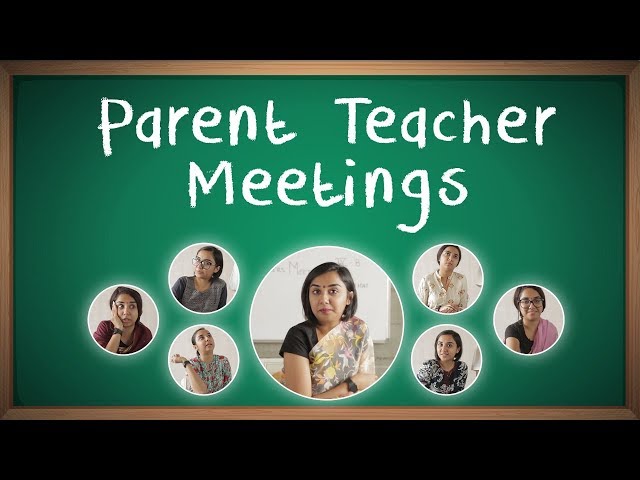 You can also find a way to request or apply for various documents if you have one form of identification.
You can also find a way to request or apply for various documents if you have one form of identification.
Make sure you at least have enough documentation to prove your identity for when you finally move out and get your own place. You’ll need these documents to find a place to live, get a job, and navigate your life. And it’s easier to get them before you leave than to return afterward for them.
5. Prepare for your move
Start developing a plan for moving and prepare ahead of time.
Preparation is key here. The more prepared you are, the easier the transition will be. Map out as much of your move as possible and hide or erase every evidence of it from your parents.
A. Build your credit
If possible, try to build your credit if you haven’t already. If you are moving out, it’s important to have a good credit score. It will unlock a lot of opportunities down the road.
B. Arrange a place to live
Once you have enough money saved up with preferably a steady income and decent credit, you can look at places to rent for yourself. Or you can find a roommate.
Or you can find a roommate.
If that’s not possible, perhaps you can move in with someone you trust that’s willing to take you in for the time being or as a roommate.
But definitely have a stable place ready before you actually leave because you don’t want to end up on the streets. While shelters are options, they are not sustainable for the long term. They are also not the safest, so it’s still best to have a safe and stable place ready.
C. Figure out your living expenses
Once you figure out where you’ll stay when you move, it’s time to figure out your living expenses.
Whether you’re living by yourself or with somebody, there will be bills along with the expenses of daily living.
Factor in rent, utilities, internet, phone, food, and other essentials for when you move so you know whether you will have enough income and savings to cover it. If not, plan or adjust accordingly.
Check out this post for money-saving tips.
D. Plan what to pack
When the time comes to move, you might not have enough time or freedom to pack. It’s best to pack when your parents aren’t home, but that might not be possible. And there’s always the possibility that they’ll catch you packing, which they probably won’t react well to.
It’s best to pack when your parents aren’t home, but that might not be possible. And there’s always the possibility that they’ll catch you packing, which they probably won’t react well to.
So plan ahead and prioritize certain items. Make a list of things you need to pack in order of priority.
For example, top priority items might be important documents, money, some essentials, and maybe sentimental items. Low-priority items might be inexpensive things you can easily replace.
If you have time and the ability to, keep going down the list. But if it’s too dangerous, just pack what you need and bolt.
E. Figure out your moving expenses
Make sure you have enough saved up to actually move.
Many places require the first and last month’s rent and a security deposit. Also factor in possible travel costs, moving costs, and money for furniture, appliances, and other necessities.
F. Set up important things early
Once you have a place and moving time in mind, try to set up the important things.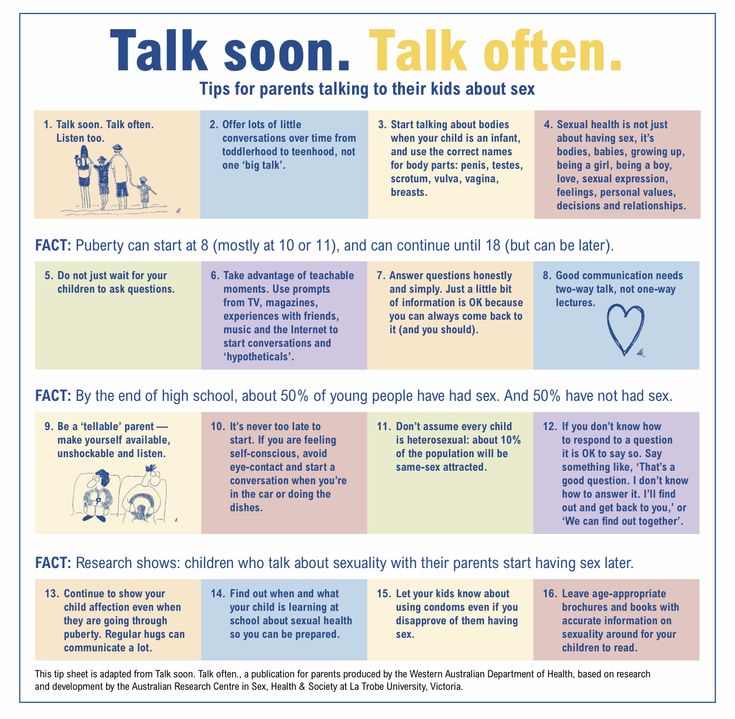
Forward your mail to your new address, change your address on important accounts, and set up things at the new place like utilities and internet.
You wouldn’t want any reason to have to return to your parents and you also wouldn’t want them to get their hands on your mail.
I and my partner’s mail was still being sent to my parent’s home after we left. And she opened every one of them and even stole money from us. Those were mail we never saw again.
So it’s crucial that every mail is set up to be forwarded to your new address. It’s also important to notify all family, friends, and your work of your address change so they won’t send anything to your parents’ place.
6. Don’t say you’re leaving
Do not tell your parents you are leaving or give any indication or hints that you are or will be. If your parents find out, they might do g in their power to make you stay.
And if you stay, their abuse will likely get worse because “how dare you try to leave”.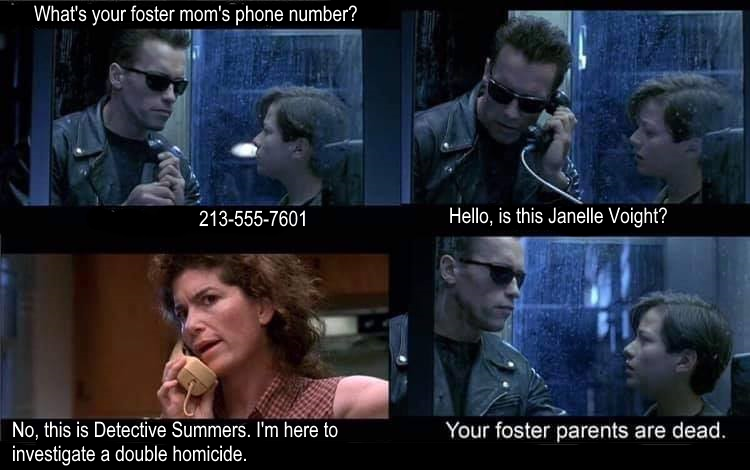
Remember, they’ve been abusive this whole time. No matter what they say or promise or do, don’t fall for it. Abusive people do not change.
Utilize this Escaping Abusive Parents printables bundle you can download for free on the Freebies page. You can use the various resources and printables provided in this freebie alongside this guide to help you prepare and plan for your escape.
It won’t be easy
Leaving your abusive parents might be very difficult and might seem impossible if it’s something that never really crossed your mind and not something you’re prepared for.
Normal, loving parents prepare their children for the outside world while offering support, guidance, and encouragement. Meanwhile, when you have abusive parents, you’re taught that the world is a scary place and that no one’s on your side.
When it feels like you’re alone, it only makes sense to cling to your parents, your only source of comfort in the world, even if they hurt you. It might not make sense to other people why you would hang onto the very thing breaking you down.
It might not make sense to other people why you would hang onto the very thing breaking you down.
They might not understand how hard it is to leave all that behind. They don’t realize the amount of energy, effort, courage, and strength it takes to leave something you’ve known your entire life and to basically start over with no one to guide you.
People with normal, loving parents can go out into the scary world with years of preparation and their parents’ support and encouragement. They also have the option to return whenever it gets too scary out there.
But people with abusive parents don’t have that privilege. Once they leave, they’re all alone with no knowledge of how to survive on their own and nowhere to return to if they don’t make it out there.
Take your time to be prepared
When you think about how someone leaving their abusive parents is like leaving a child out to fend for themselves, it makes a little more sense why people have such trouble leaving.
I know how hard and scary it can be to escape your abusive parents. And I know saying that it’s better for your well-being and your health doesn’t really help.
You’re not guaranteed a better life just because you leave the toxicity behind. The world is hard out there so it makes sense if you’re scared or reluctant.
So take all the time you need. Prepare, prepare, prepare. Teach yourself what your parents never did. Learn to be independent. Grow your support system.
And once you’re ready, whenever that might be, take that first step.
Taking that step into the outside world without your parents is hard and scary. But know that once you can do that, you can finally do what you want to do and be who you want to be. You can finally live your life.
Leaving My Abusive MotherIf you’d like to read more about my journey in getting custody of my siblings, check out this post.
After Your Escape
Escaping your abusive parents means leaving the fog they cause in your life.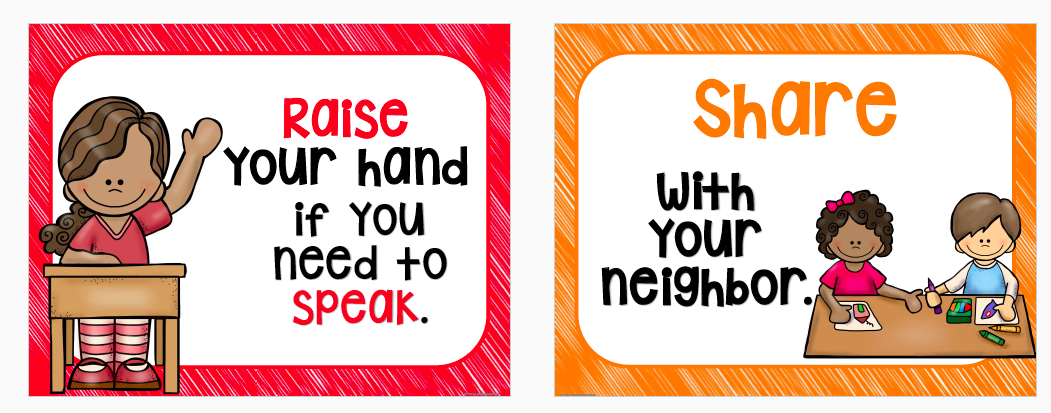
Once you’re away from them, you can see things clearer. You will likely feel a significant shift in your life and your mood. All the damage might already be done, but at least they can’t do it anymore.
Do not go back
Once you’ve managed to leave, your parents might use every technique possible to try to get you back. Don’t forget that they can be expert manipulators.
Even if you are struggling on your own, it’s likely best not to go back because again, if you return, it will likely be worse than it was.
If you choose to remain in contact with your parents, learn to set some boundaries. However, just because you can interact with them fine doesn’t mean you can live with them.
Living with someone is completely different than simply hanging out or talking to them.
Remind yourself why you left
There might be times when you may feel tempted to return to your parents. You’ve known them your whole life and you’ve depended on them. But whenever that feeling comes up, remind yourself why you left.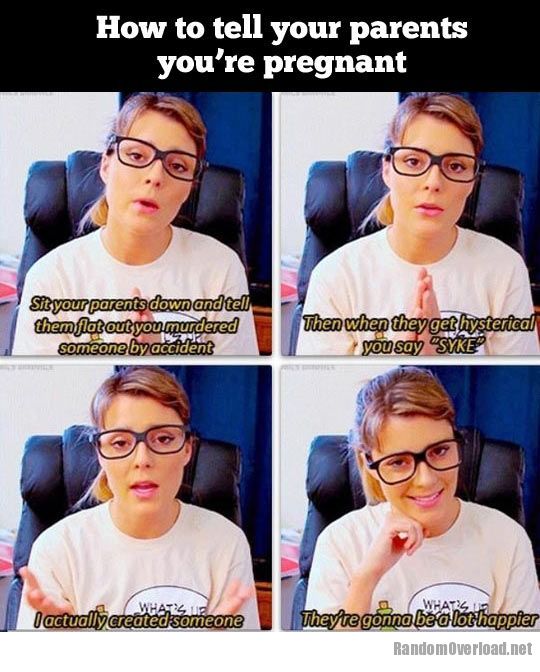
Write things down if you need to. Think about all the abusive behavior you’ve experienced from them. Or look back at the record you kept of all the abusive things they’ve said or done to you. Remind yourself why you need to leave that behind.
Seek help and support
Unfortunately, just because you are physically away from your abusive parents doesn’t mean your mind is. You’ll still need to go through the process of healing to truly free yourself from them. It may be hard but it is possible.
Abuse, especially from your own parents, can do a lot of damage to your sense of self and psychological well-being. If you’re able to, consider seeking professional help. Connect with a certified therapist. A professional can help you process your experiences and develop tools to heal. They can also guide you to helpful resources to help you achieve independence.
Support Hopeful Panda
A lot of time and effort is put into this blog. If you enjoy my content or find it helpful, please show your support.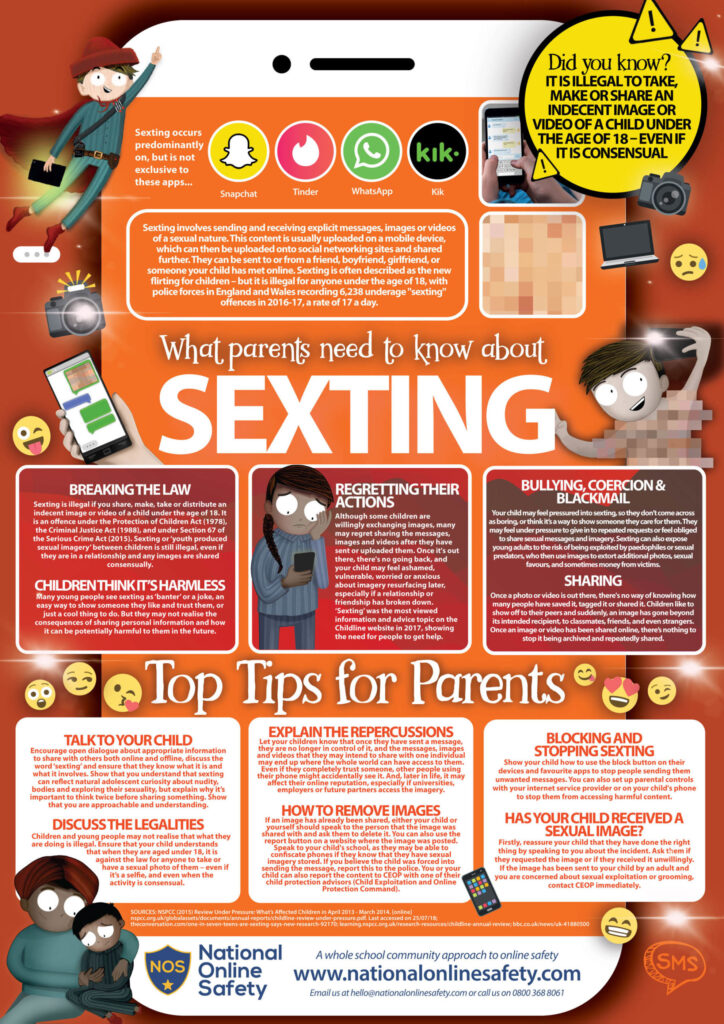 Share this page, enable ads, stop by the Shop, or make a donation. Your support, no matter how small it may seem, makes a difference. Thank you!
Share this page, enable ads, stop by the Shop, or make a donation. Your support, no matter how small it may seem, makes a difference. Thank you!
Organize your life while focusing on self-care and healing with The Hopeful Planner.
How to Escape Your Family to Save Yourself | John P. Weiss
John P. Weiss / 19 Comments
Topics: Emotional maturity | inspiration | Life | Life lessons | Personal development | self improvement | Wisdom
__________
Imagine being born into a family of survivalists with extreme religious beliefs. Your bipolar father is convinced the end of days is approaching and prepares by stockpiling canned peaches, weapons, and fuel.
Your father distrusts traditional doctors and the medical establishment as wicked servants of the "socialist'' government. Your family relies on your mother's herbalism and divine healing for all your medical needs.
You have no birth certificate and never attended school, as your father believes all you need is the Bible. Your older brother becomes sadistic and violent, often dragging you by the hair and forcing your face into the toilet to purge your wickedness.
Isolated from mainstream society, all you have are the beauty of the Idaho mountains and kindness of your grandmother. The only glimmer of hope is when another brother leaves the family to go to college. He returns periodically and tells you that there’s a world out there, and it will look a lot different once your father is no longer whispering his view of it in your ear.
So you teach yourself mathematics, science, and grammar. You take the ACT and miraculously get accepted into Brigham Young University. But there's a problem. Your father disapproves and says your place is back home, working with the family. In fact, he suggests that the devil has a hold of you, and if you don't return, you'll be lost to the family forever.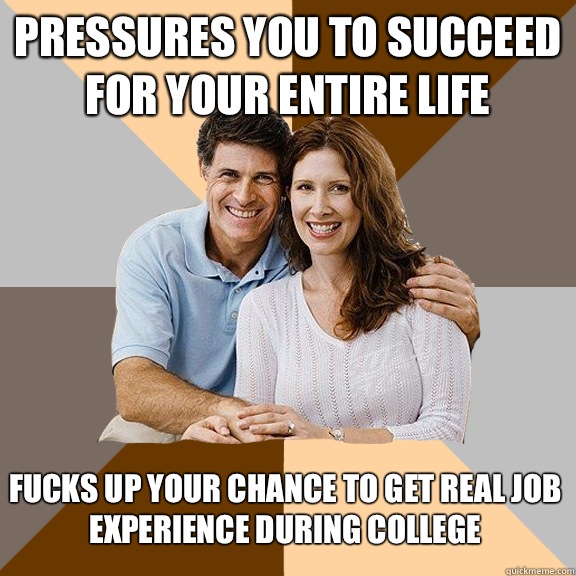
Hope lies in dreams
You love your family, despite their dysfunction. Against their objections, you stay on in school and distinguish yourself academically. Despite economic hardship, a kindly professor helps you get a scholarship. You are encouraged to apply at Harvard for advanced studies, and then Cambridge University in England. Against all odds, you are accepted.
"Hope lies in dreams, in imagination, and in the courage of those who dare to make dreams into reality." -Jonas Salk
What would you do? The love and approval of your family weigh heavily on your mind and heart. All you have to do is walk away from your education and embrace your family's way of life.
Making the decision harder, your family is no longer poor. Your mother miraculously healed your father after a terrible accident, and her celebrity as a healer and herb specialist spread.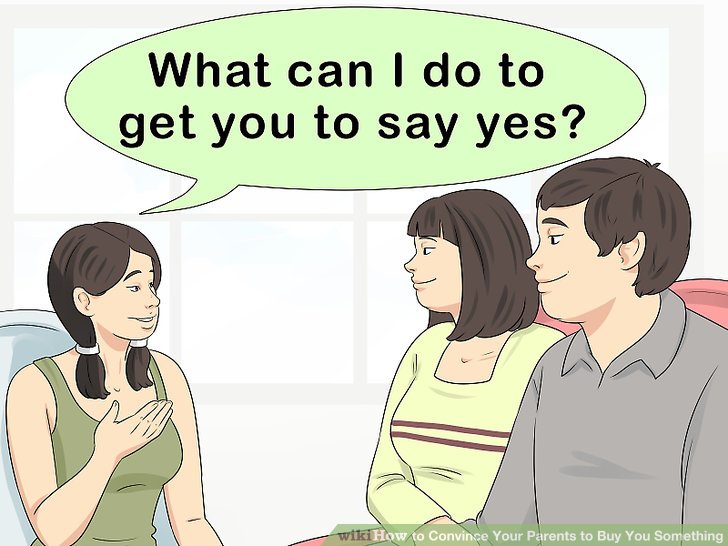 The family created an online business for their herbs, tinctures, and oils, making them wealthy.
The family created an online business for their herbs, tinctures, and oils, making them wealthy.
You miss your family and worry if you travel to England for your education, you may never be able to come home again. Your parents even travel to the university to see you and encourage you not to continue with your education. "Come home," they say. The guilt you feel leads to a mental breakdown, nearly costing you your education.
What would you do?
What it means to self-create
Everything described above, and more, happened to the author Tara Westover. Her bestselling book, “Educated- A Memoir” detailed all the hardships she endured.
Despite the disapproval of her parents, she studied psychology, politics, philosophy, and history at Brigham Young University. For the first time in her life, she learned about the Holocaust and the Civil Rights Movement.
Imagine how hard it must have been to defy her dictatorial father.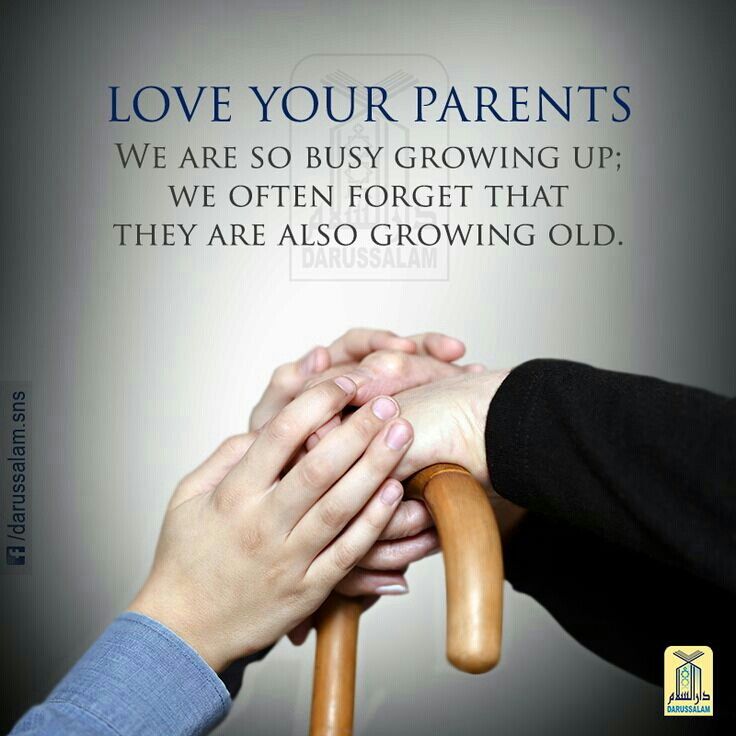 Her whole life and perception of the world had been defined by her father's teachings. As Westover wrote in her book:
Her whole life and perception of the world had been defined by her father's teachings. As Westover wrote in her book:
“Everything I had worked for, all my years of study, had been to purchase for myself this one privilege: to see and experience more truths than those given to me by my father, and to use those truths to construct my own mind. I had come to believe that the ability to evaluate many ideas, many histories, many points of view, was at the heart of what it means to self-create.”
Westover studied at Harvard and Cambridge, where she earned a Ph.D. in history in 2014. The success of her memoir brought recognition and fame, but at a steep cost. She has been shunned by her family.
Westover experienced tremendous guilt for defying her father's wishes. Even though she knew the pursuit of education was a good thing, there was still guilt. She wrote in her memoir:
“But vindication has no power over guilt.
No amount of anger or rage directed at others can subdue it, because guilt is never about them. Guilt is the fear of one’s own wretchedness. It has nothing to do with other people.”
In the end, Westover learned to focus on what she needed, instead of what her father demanded. She explained it this way:
" I shed my guilt when I accepted my decision on its own terms, without endlessly prosecuting old grievances, without weighing his sins against mine. Without thinking of my father at all. I learned to accept my decision for my own sake, because of me, not because of him. Because I needed it, not because he deserved it.”
Don't be trapped by dogma
Tara Westover is not the only person to have defied the unfair expectations of loved ones in order to become her own person. To become who she was meant to be. There are many people who found the courage to pursue their dreams, despite their parent's objections.
An article in MentalFloss.com notes that the singer Katy Perry was raised as an evangelical Christian. Her parents, both pastors, embraced a strict religious code of conduct. For example, things like co-ed dances were not allowed.
Despite Katy Perry's success, her mother has said, "We strongly disagree with how she's been conducting herself." Her mother added, "...and she knows how disappointed we are." Yet, despite this stinging disapproval, Katy Perry found the courage to follow her own dreams.
The actor and singer Kris Kristofferson graduated with a master's degree in literature in 1960, according to a Mentalfloss.com article. Kristofferson was a Rhodes Scholar who studied at Oxford. He served in the Army, and upon discharge, was offered to teach at West Point. However, against his parents' wishes, Kristofferson turned down the teaching offer and moved to Nashville to become a songwriter.
Kristofferson's family disapproved, feeling that he denied himself a solid future.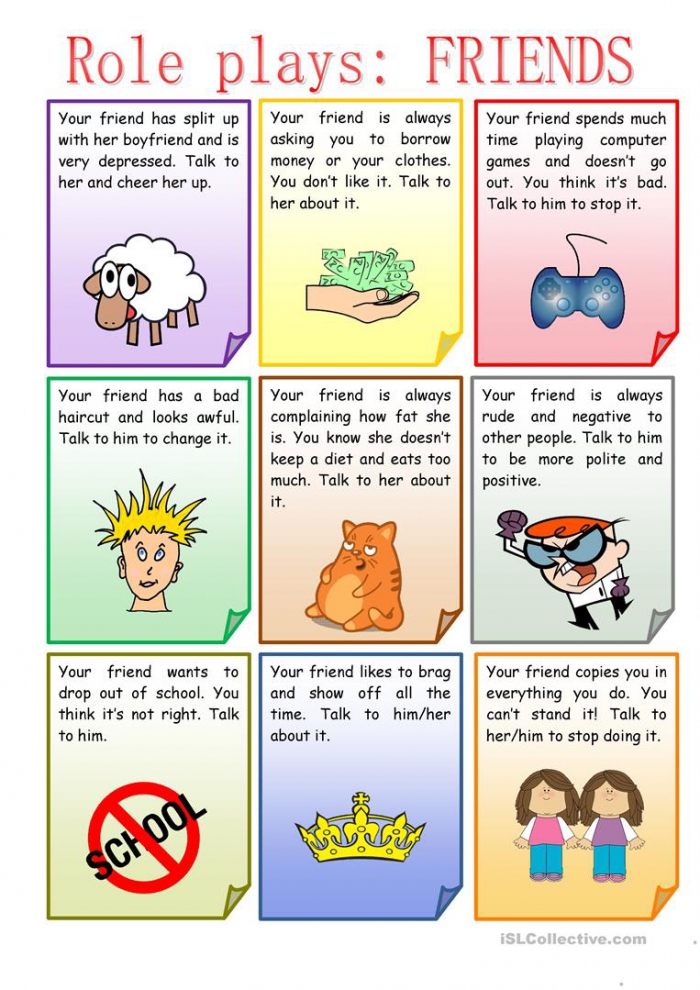 They disowned him. Kristofferson dealt with the rejection of his parents by putting his pain into writing songs.
They disowned him. Kristofferson dealt with the rejection of his parents by putting his pain into writing songs.
"Your time is limited, so don't waste it living someone else's life. Don't be trapped by dogma- which is living with the results of other people's thinking. Don't let the noise of others' opinions drown out your own inner voice. And most important, have the courage to follow your heart and intuition." -Steve Jobs
Making a person
The bottom line is that your family is not you. They may be a part of you. They may have shaped aspects of your personality and outlook on life. But you are your own individual. No one has the right to lay claim on your life. Who you are, or who you wish to become, is up to you.
Perhaps the most important thing you can do for yourself is to obtain a good education. The pursuit of knowledge enriches the mind and deepens your understanding of the world. As Tara Westover wrote:
As Tara Westover wrote:
"An education is not so much about making a living as making a person.”
How much of ourselves do we owe to our loved ones? Where do healthy parental expectations for their children end and unfair demands begin? No doubt, when we are young, we must rely on our parents for guidance and support.
In youth, we often lack the education, experiences, and wisdom to decide big life decisions. If we're lucky, we have wise parents to guide us to adulthood. But sometimes, people aren't so lucky. Their parents may be misguided, mentally ill or meanspirited. What are we to do then?
For Tara Westover, she turned to her grandmother, who encouraged her to get an education. Westover intuitively knew that her grandmother meant the best for her. Perhaps that's a good measure for dealing with the demands of loved ones. Ask yourself if their guidance benefits themselves or you.
"Education is the passport to the future, for tomorrow belongs to those who prepare for it today." -Malcolm X
Education is the key to personal growth. It need not come from traditional schools and universities. There are many forms of education, from books and videos to technical schools and life experiences.
Education was the key to Tara Westover escaping her family to save herself. Of course, along the way, you have to be sure you're not buying into your own lies. Some young people defy well-meaning parents because they think they have all the answers when they don't. Again, education is the key to checking your own biases, false narratives, and self-lies.
"The man who lies to himself and listens to his own lie comes to such a pass that he cannot distinguish the truth within him." -Fyodor Dostoevsky
It's possible to save yourself and become the person you always wanted to be. Whether's it's family, a loved one or friends who are holding you back, you have the power to direct your own future. So long as you don't lie to yourself with delusions of grandeur, and seek real and meaningful education, you can pursue and achieve your dreams.
Whether's it's family, a loved one or friends who are holding you back, you have the power to direct your own future. So long as you don't lie to yourself with delusions of grandeur, and seek real and meaningful education, you can pursue and achieve your dreams.
Many of us are blessed to have parents and families that support us in life. Even when they disagree with our choices, they are still there for us. Sadly, some parents and families are not like this. They may be blinded by their own stringent beliefs. Perhaps they were victims of controlling or unsupportive parents themselves.
Try the best you can to find peace with your parents and loved ones, but if education and experience have shown you that they are wrong, you must chart your own course. You have a right to save yourself and pursue your dreams.
It may not be easy, but it's possible. Tara Westover did it. So did Katy Perry, Kris Kristofferson, and countless others. Pursue the gift of a good education, believe in yourself, and become the person you always dreamed of being.
Serious conversation: what happens if you run away from home?
17.07.2020
According to statistics, thousands of children and adolescents attempt to run away from home every year. What drives them? From what or to what are they running? Does running away from home help them solve the problem? Let's figure it out.
Psychologists of the Children's Helpline 8 800 2000 122 invited two girls who had previously asked for help, who had run away from home as teenagers, to a frank conversation. A few years later, they share their stories and experiences, tips and warnings. nine0010
The first story
Five years ago, when she was 14 years old, one of the girls ran away from home for a day. For the parents of Lisa (name changed) , the disappearance of their daughter was an absolute surprise: in their opinion, there were simply no reasons for this. Of course, there were quarrels and contradictions, but adults always managed to come to an agreement with their daughter, and on the eve of the house everything was quiet and calm. Mom was sure that the girl could not leave the house on her own.
Mom was sure that the girl could not leave the house on her own.
Why didn't you come home that day? nine0010
I was not a difficult teenager, rather an informal. I was drawn to experiments with appearance: I wanted to stand out and surprise. Of course, my parents were not happy, but resigned to my fantasies, they closed their eyes to many things. Perhaps the propensity to outrageous prompted me to run away and turn off the phone. I did it on a bet to make my friends believe that I could break the rules. I thought: “Wow, this is a challenge!”. Of course, I did not think about the consequences then.
nine0012What consequences are you talking about?
First of all, about what the parents had to endure. When I showed up, my mother was not wearing a face. I've never seen her like this. At that time, dad was with the search party, and the phone was ringing. I could not even imagine that in less than a day you can organize a whole special operation with volunteers, relatives and neighbors.
Then I came across ads about my loss for a long time. Family relationships were severely damaged. Feelings from my "feat" are unpleasant. nine0003
What happened after you were found?
Everyone talked to me a lot: my parents, the police, at school they set up a special commission and analyzed my behavior with a psychologist. In general, brainwashed in full. To be honest, I regretted my actions a thousand times over. I no longer remembered the adrenaline and the feeling of pride from the fact that I proved to my friends that I can! Everything suddenly turned into a nightmare of moralizing, resentment and strained relations with relatives. It was a difficult period. And, of course, then I came under strict control: I had to call my parents back almost every hour. Lost many privileges. It took a long time before Mom and Dad came to their senses and began to trust me again, despite my assurances that this stupid mistake would not happen again.
Most of all, I was worried about my grandmother: for 1.5 months she did not talk to me and did not want to see me. nine0003
How do you feel about this story now and what would you say to teenagers who are thinking about running away from home?
Now this act seems crazy to me: because of a small portion of adrenaline and the desire to show myself cool in front of my friends, I got a lot of problems and made my relatives think that something happened to me. Already after the fact, different thoughts came to mind: what if the grandmother hadn’t endured the stress, or if the parents got sick because of the experiences? Think 100 times before organizing problems for yourself, because everything can end up much worse than mine. This is definitely not worth it, and there are many other ways to show off in front of friends without losing the trust of loved ones. nine0003
Psychologist's comment:
At the age of 13-15, many people have a need to experience thrills and stand out in a peer group.
If you notice such aspirations behind you, then choose safer and more positive options: extreme sports under the guidance of experienced specialists, rafting on mountain rivers, attractions that can tickle your nerves no worse than abandoned buildings and disappearances from home. And if you want to test yourself for strength and ability to survive without parental care and control, then go hiking in the mountains, go down to the caves. In the wild, despite the help of an experienced instructor and team, you will have to test your willpower, courage and endurance more than once
Second story
Zhenya (name changed) left home at the age of 13. The reason for her escape is family problems and frequent quarrels with her parents. She called the Children's Helpline after her escape when she became frightened and did not know what to do next.
Why did you decide to do this then?
I felt tired and desperate from the endless scandals with my parents.
No one understood or heard me, they only scolded me for everything. Quarrels, screams, and the younger sister was always getting into other people's business - I just wanted to hide, I wanted everyone to leave me behind. And I was sure that my parents were not up to me. nine0003
How do you look at that situation now, 4 years later?
I went to a psychologist for a year and called you several times at the Helpline Service. If then I had the support and knowledge that I have now, I would not have run away from home. Being alone on the street is scary. Running away from old problems, I added new ones to myself. The old problems with the parents remained, and it took a lot of time and effort to establish normal contact with each of them, especially after their divorce. I only now understand that it was hard not only for me, but for everyone, and especially for my younger sister. But no one wanted to talk about problems, being afraid to identify them.
Over time, I learned not to run away from problems, but to speak openly about what worries me. If you do not keep everything in yourself and do not go headlong into resentment and feelings, then a positive way out of the situation will definitely be indicated. I also learn how to behave in conflict and take responsibility for my life. nine0003
What does it mean to you to take responsibility for yourself? Isn't it the duty of parents to be responsible for their child?
I thought I didn't owe anything to anyone. I then gave up on my studies and my appearance, did not want to do anything around the house, pulled away from my sister, was fixated on my feelings and waited for my parents to finally pay attention to me and stop quarreling. But if you do nothing but add fuel to the fire, then the family will definitely not get better. Adults also lose their nerves, and they do not always know what to do. It dawned on me that I could be responsible for my academic progress, my room, my feelings and emotions, my mood and appearance, and partly for my relationship with my sister and parents.
I realized that by taking responsibility, I can influence my life, make it better and more comfortable. I could then not only snap back, but also show sympathy, at least support my sister. Fortunately, my parents also understood a lot, accepted the help of psychologists, and now everything is getting better with us, although they are no longer together. nine0003
What advice can you give to teenagers who have not yet had such insights? What should they do?
Problems are not in the house, they are in your soul, and in the end you run away with them. I think that if everything collapses around and becomes unbearable, you should not be afraid to talk about it with your parents and turn to specialists for help. Sometimes it seems that no one will understand and help you, that there is no way out, but now I know for sure that this is not so. It's a pity that I remembered the Children's Helpline after my escape. Everything could be much easier.
You can just talk it out and ask for advice on how to survive it. After all, not everything can be changed. And you can survive. nine0003
Psychologist's comment:
Teenagers tend to make rash decisions under the influence of strong feelings. Each problem is perceived sharply and categorically at this age, and if there is no harmony in the family, then there is a feeling of loneliness and hopelessness. In such a situation, running away from home is an illusion of a solution to the problem: we will still face the inevitability of accepting and surviving this situation.
As Baron Munchausen said, “There are no hopeless situations”. If you are stuck in relationships with your parents or other people important to you, faced with problems that seem insurmountable, before you run away from home, take an intermediate step - seek help from trusted adults: school teacher, friend, coach, your friends' parents. If you do not want to share the problem with people you know, you can always get help anonymously by calling Children's Helpline .

Discussing a problem with another person, you give vent to your emotions: resentment, anger, fear, thereby reducing their influence on you. And the second step - finding ways to solve the problem without the risk of being alone on the street - is done in a conversation with a psychologist. Those who have gone through running away from home say that it is really scary.
Share on social networks:
Return to the list of articles
Nomad - How to escape from parents of tyrants and start a new life
Parental tyranny, escape attempts, constant prohibitions. Broken relationships, male abuse, meetings and partings. And through anxiety - hope for a new future. All this is not the plot of a series on federal television channels, but the real story of a gypsy girl Karmelita from the Smolensk region.
Her life is that of a nomad. From childhood to adulthood and back.
From one house to another. From the captivity of folk traditions to freedom. Let's tell you her story. nine0003
Episode 1. Maternal Care
She is Russian. He is a gypsy. Their names are Natalia and Victor. The families were against it, but great love took its toll - and then the girl ran away to her future husband, got engaged according to gypsy traditions. Then family life began, the first daughter, Dasha, was born.
But in the early nineties, tragedy struck. The father, who was addicted to drugs, drove a car high, because of which the whole family got into a car accident. Dasha died at the age of three and a half years. And Natalia broke her spine and became disabled. nine0003
The couple could not have children for a long time, and only four years after the accident, our heroine, Carmelita, was born.
However, the parents drew too strange conclusions from the death of their first child. Carmelita was surrounded by painful care. Painful, literally.
Now she recalls regular beatings from her mother for the slightest misconduct: she took sweets without permission, went to the refrigerator.
At first, Victor protected his daughter from his wife, but then he began to turn into a despot. nine0003
When Karmelita was eight years old, the family moved to Smolensk. The baby went to school, studied for four and made friends. But the social circle was carefully controlled by the mother: it was impossible to call anyone home. In addition, Russian, Natalia demanded that Carmelita communicate exclusively (!) With gypsies.
The girl is 13, her father goes to jail. For drugs, of course. And the mother is now a full-fledged family dictator. The only consolation is the grandmother. You can share secrets with her, discuss problems. She is so close to her granddaughter that Carmelita calls her grandmother "the second mother." Moreover, the grandmother was initially against the misalliance of Viktor and Natalia, and blamed the father of the family for drug addiction and the death of the first child. nine0003
The girl spends every summer with her "second mother" and for three months she finds herself in a normal life - without screams and scandals, tyranny and horror.
She finally makes friends. Those who were not personally selected by the mother. And, it would seem, a bright ray in this swamp will alleviate suffering for a long time.
But the idyll does not last long. The heroine turns 17, her grandmother dies. The illusion of a normal childhood is shattered. Then Carmelita first thought about escaping.
Episode 2. Escape at all costs
At 18 she finishes school, packs her things and tries to hide with her friends in the city of Yartsevo, where her grandmother used to live. It doesn’t work out - her parents return her home. Her father, released from prison, beats her with a belt, and her mother has a more sophisticated view of punishment. She almost strangled her daughter with an electric extension cord.
After this, Carmelita temporarily abandons her plans to leave. But she wants to go to college. The future student is afraid to tell her mother about this - Aunt Lyubava helps. Surprisingly, everything goes smoothly, without parental cries - and now our heroine comprehends the basics of managerial craft at the University of Management Technologies and Economics.
nine0003
True, not a single charm of Carmelita's student life is still available. A 19-year-old girl lives like a recluse: parties are not allowed, communication is not encouraged. At the same time, at the wedding of relatives, a gypsy boy Alexei meets her. He promises, in the best traditions of the Roma people, to steal her away and marry her. But the heroine rejects the boyfriend.
Year after year, and at 23 comes great love - Vyacheslav. Young hearts come together, arrange life, he promises her that he will resolve all issues with his parents. But the words are at odds with the deeds: the father and mother force the prodigal child back home. A new portion of corporal punishment and humiliation, a belt familiar from early childhood. nine0003
Vyacheslav timidly tried to talk to his failed father-in-law. After that, Carmelita was beaten even more, and the guy himself excused himself with something indistinct: “We are just friends, nothing else will come of it, I'm sorry.
”
Could it continue like this?
Episode 3. Adult life
A very adult life: the heroine gets a job. Sorts goods in the warehouse. Angelina's friend appears. And even if her mother does not like her, gritting her teeth, her daughter is still allowed to walk with her. nine0003
But even here the mother's craving for dictatorial habits manifests itself in full force. It would seem that adulthood has long passed. No. What is the mother doing? Calls every half an hour: “Who are you walking with, what are you doing?”
It is necessary to return home before the evening. The slightest delay - and at home almost a woman is waiting for her father's belt and a new spanking.
What is the way out of this hell? Marriage. Almost violent. Natalya promises to stop total control as soon as her daughter finds a groom.
Carmelita remembers the gypsy Alexei. He is now a lawyer with two higher educations. They marry according to the custom - simply by announcing the wedding.
The parents were confronted with a fact, and they only had to agree.
But even here there is trouble. Alexey decided to play Varys from the Game of Thrones and launched his spies at work for his betrothed. They reported on all the movements of the girl: with whom she talks, what she does during dinner, whether she smokes. Three months later, family life is bursting at the seams. Carmelita returns to her parents. nine0003
Does not respond to persuasion to return to her husband. Works and lives his life.
Episode 4. Happy End
At some point, it was necessary to make the final spurt and cut off all ties with the difficult past. And such a moment has come. Once our heroine stayed with a friend, and then she rented a house with the accumulated money. And I met Savely.
Unlike his two previous boyfriends, he did not mumble in response to threats and did not suffer from spy paranoia. As soon as the guy and the girl begin to live together, the parents enter the final battle.
nine0003
Viktor found Savely's phone. A hail of calls and text messages rained down, aggression, intimidation, demands to return Carmelita to the family. Otherwise, dad promised to involve both the police and the FSB. But the guy ignored everything.
Then the father found the address of his daughter's new love. Came for a showdown. The meeting could have ended in a fight, but Savely was firm: “You won’t see anyone, you won’t succeed.” I had to retreat.
Savely decided to help Carmelita finally part with her monstrous parents. Arranged for her to move to the Leningrad region. Yes, I had to leave, but the girl still communicates with her savior on social networks. nine0003
In a new place, a charitable foundation picked her up: she was busy restoring her documents (she ran away from her father's house without a passport) and getting a job.
What about Carmelita now? She is finally free. Let him hide from annoying relatives. They are desperately looking for her.
